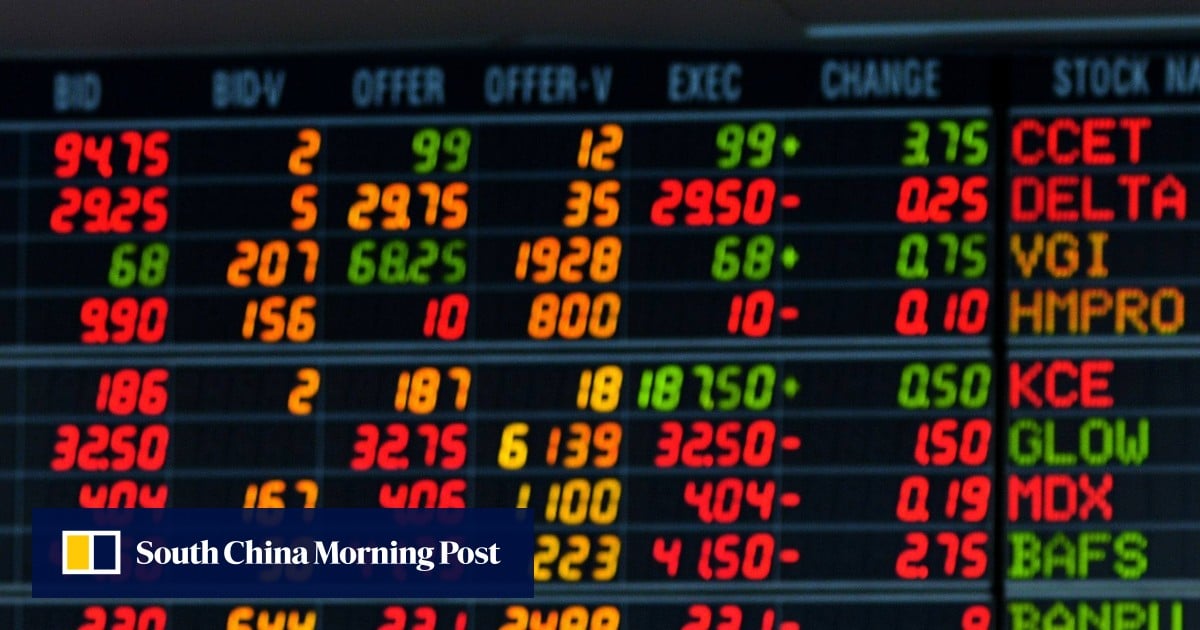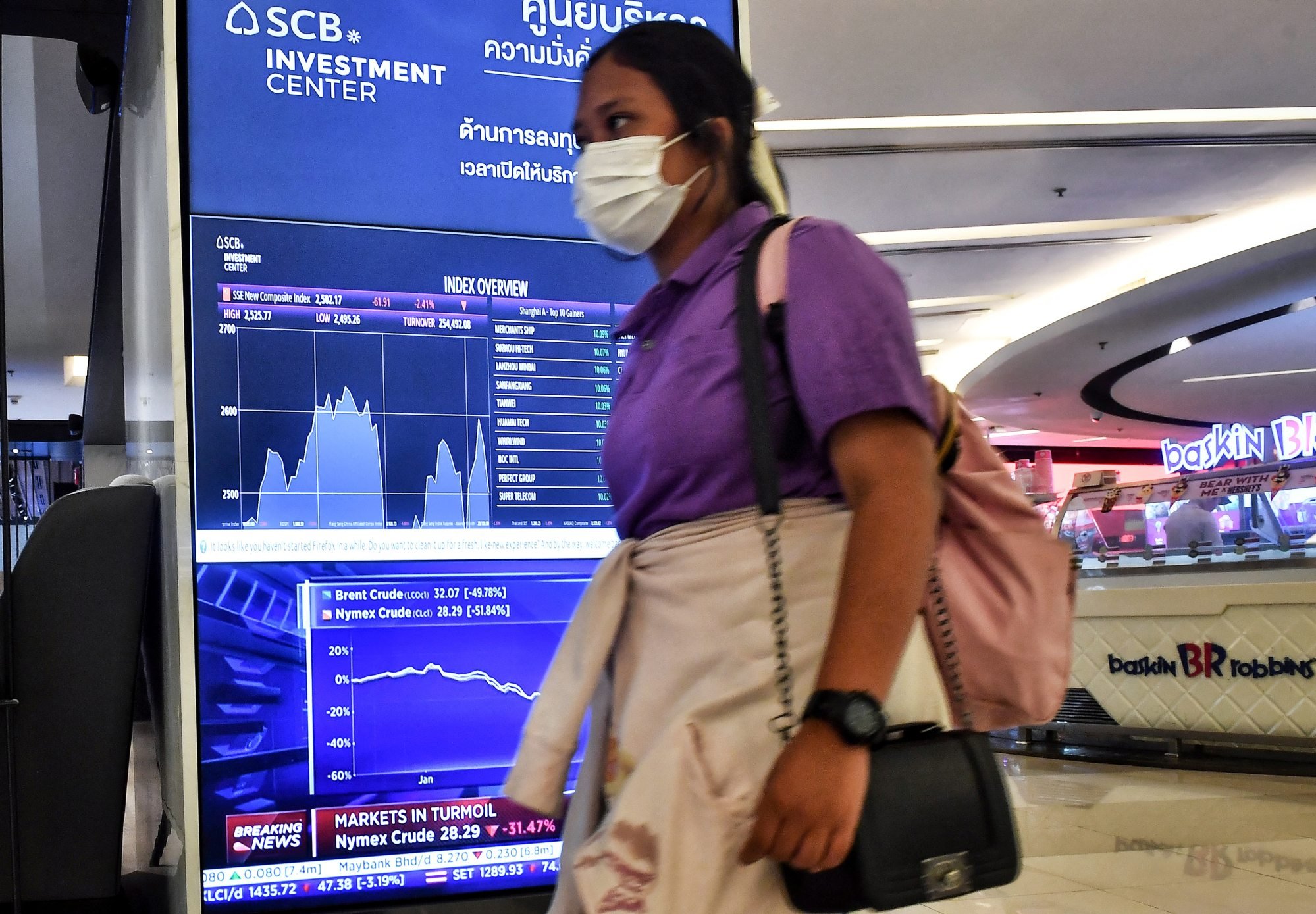
04 Mar Thailand considers directly charging short sellers as shares slump
Thailand plans to extend its crackdown on illegal short selling as shares remain in the doldrums, according to the stock exchange’s chairman.
Market authorities are considering changing the law so both individuals and companies can be charged for such trades, said Pichai Chunhavajira, chairman of the Stock Exchange of Thailand. Existing rules allow only for punishment against securities companies that submit the short-selling order, he said.
Thailand has joined peers such as China and South Korea in tightening curbs on short selling after about US$156 billion of market value was wiped out from the nation’s equities from a peak in 2023. Prime Minister Srettha Thavisin has urged market authorities to review oversight of improper transactions including short selling to boost investors’ trust and confidence.
“There is an urgent need for more steps to ease investors’ concern and restore their trust,” Pichai, who was appointed as the bourse’s new chairman in February, said in an interview. “The short-term measures will revive some confidence, but we still must do more.”

The stock exchange last month revealed more details about proposed stricter measures on short selling and program trading. These include a reduction in the market value of stock allowed for short selling and increased fines for securities companies that breach rules. Naked short selling – selling shares without borrowing them first – is being banned.
The benchmark SET Index has dropped more than 3 per cent so far this year, among the worst in Southeast Asia, after falling 15 per cent in 2023. Daily trading turnover is down more than 10 per cent from a year earlier on lower orders from individual shareholders, according to data compiled by Bloomberg and the stock exchange.
Why China, Japan and South Korea’s economic woes are Thailand’s too
Why China, Japan and South Korea’s economic woes are Thailand’s too
Short-selling transactions account for about 10 per cent of total trading turnover, according to the exchange’s data dating back to September. The bourse began releasing the numbers after complaints about the potential link with the market slump.
SET will also propose some changes in the law to facilitate the offering and trading of digital assets such as investment and utility tokens, said Pichai. Srettha has offered some guidelines for the bourse to promote itself as the trading centre for digital assets in Southeast Asia, he said without elaborating.
